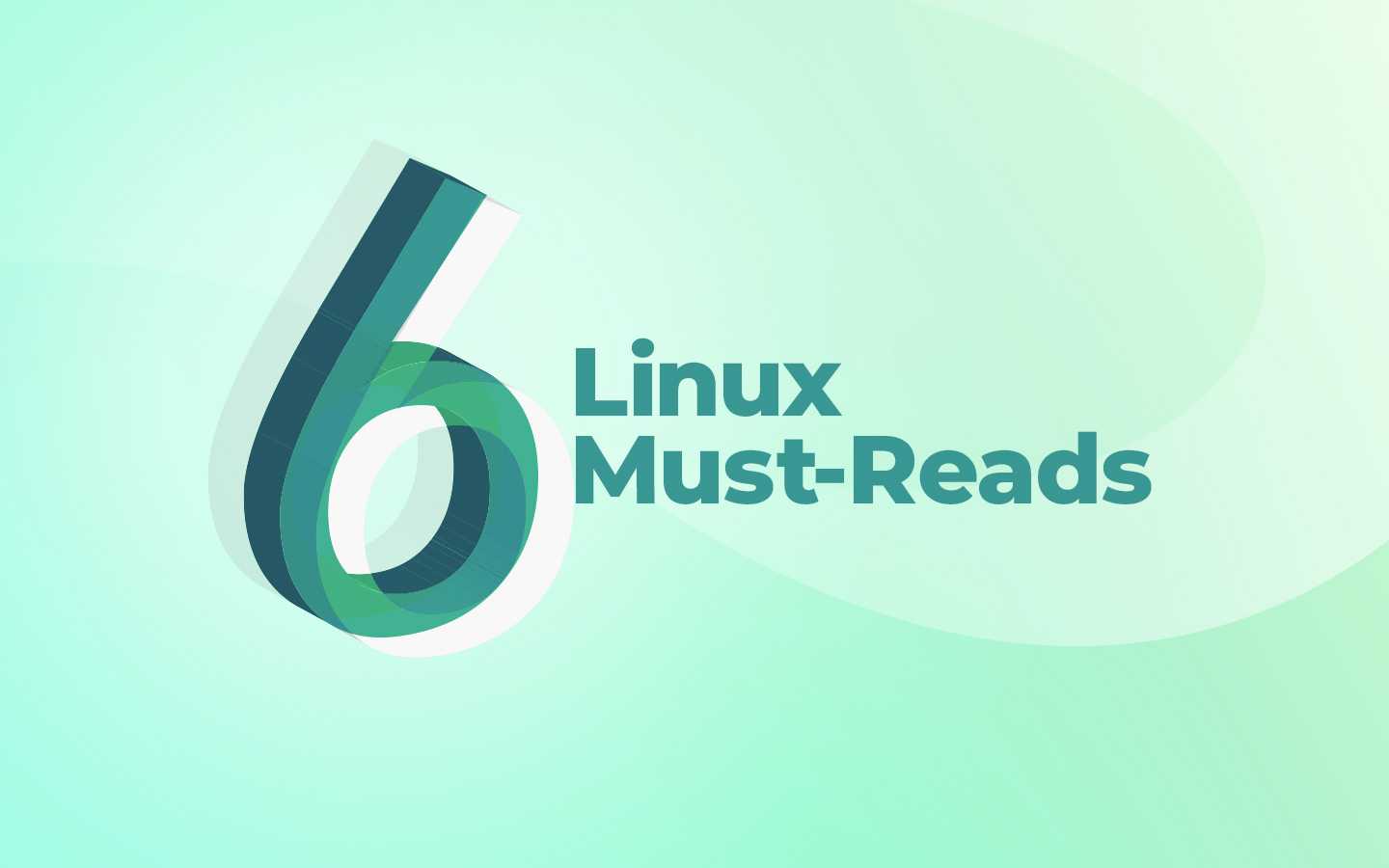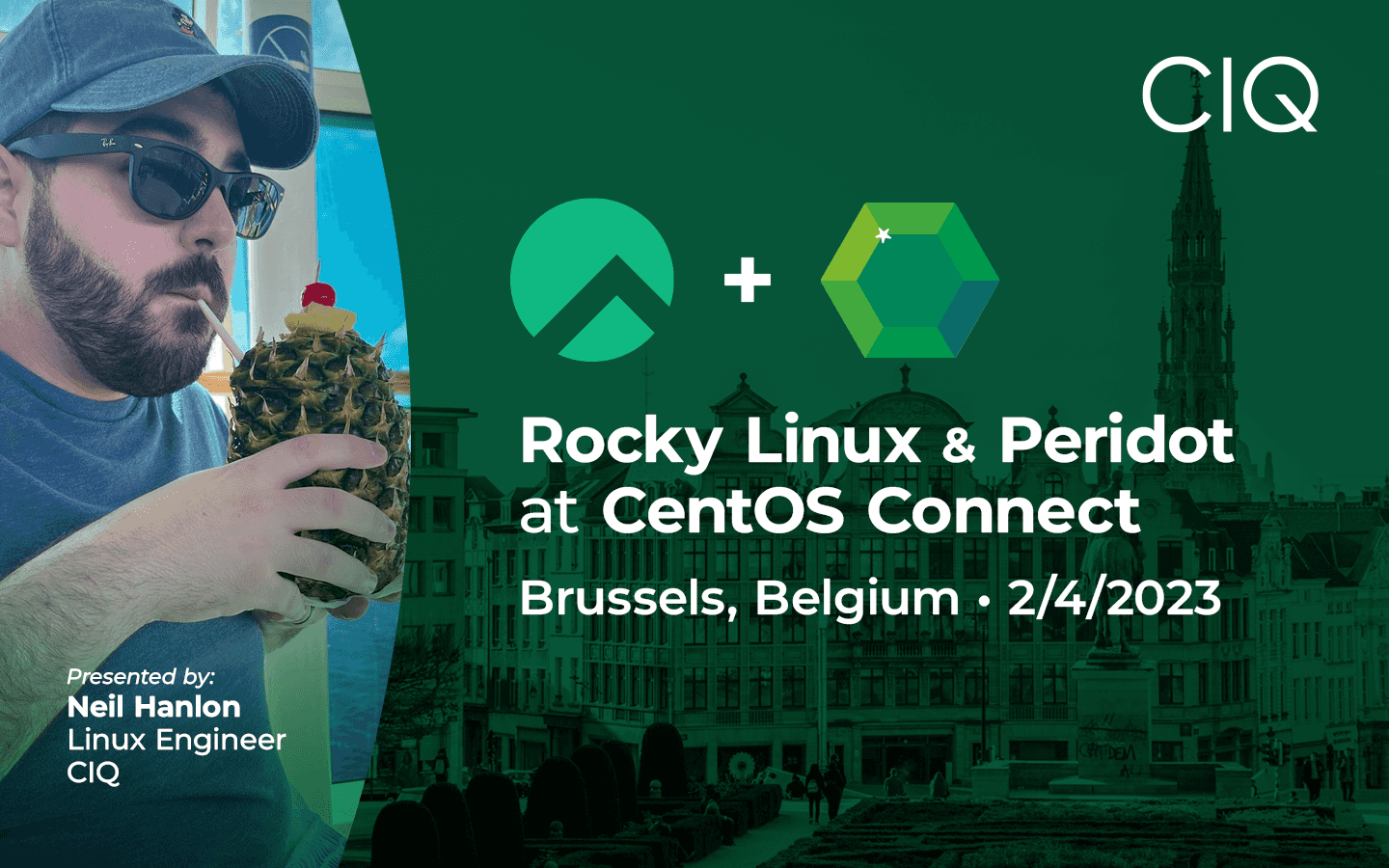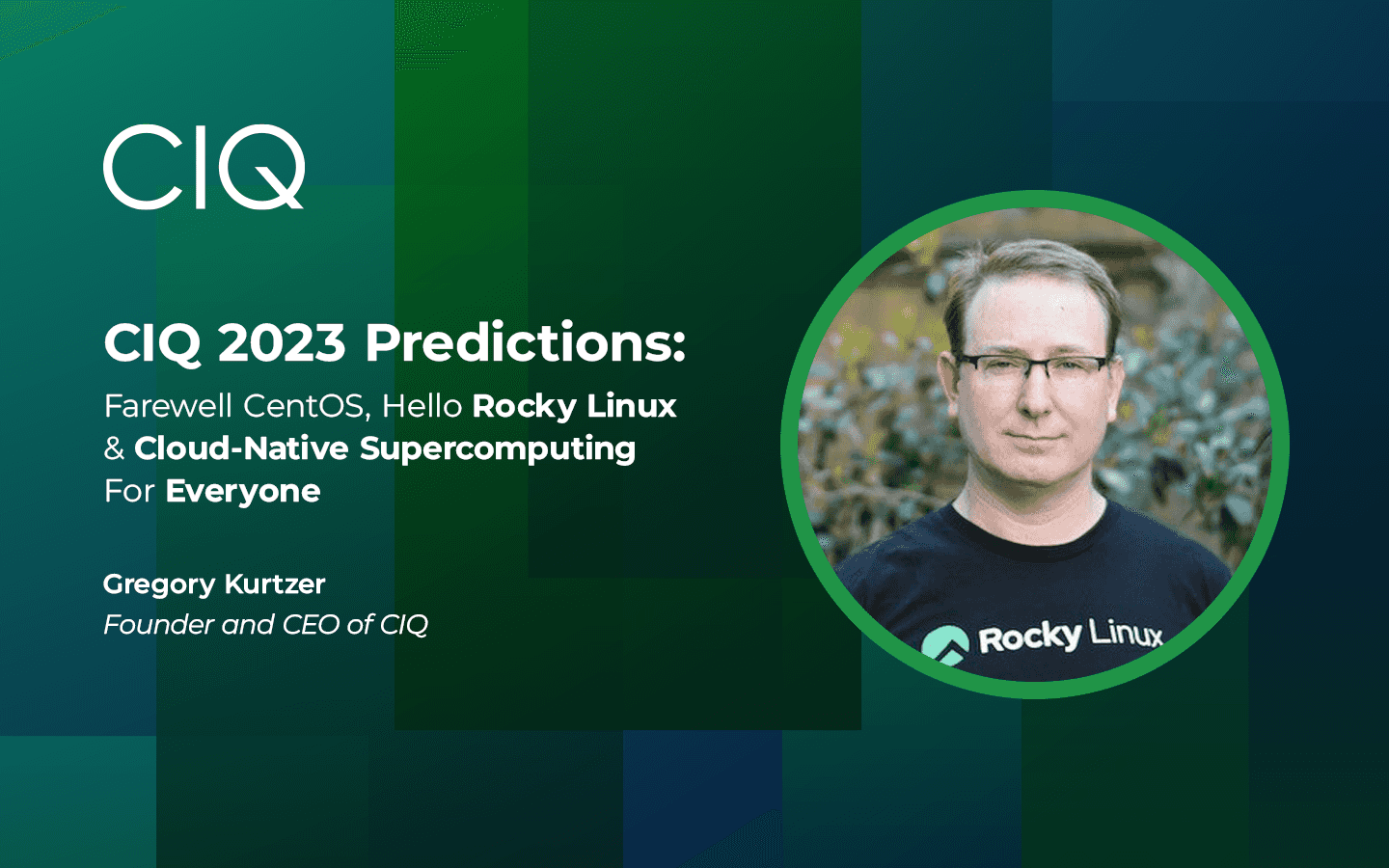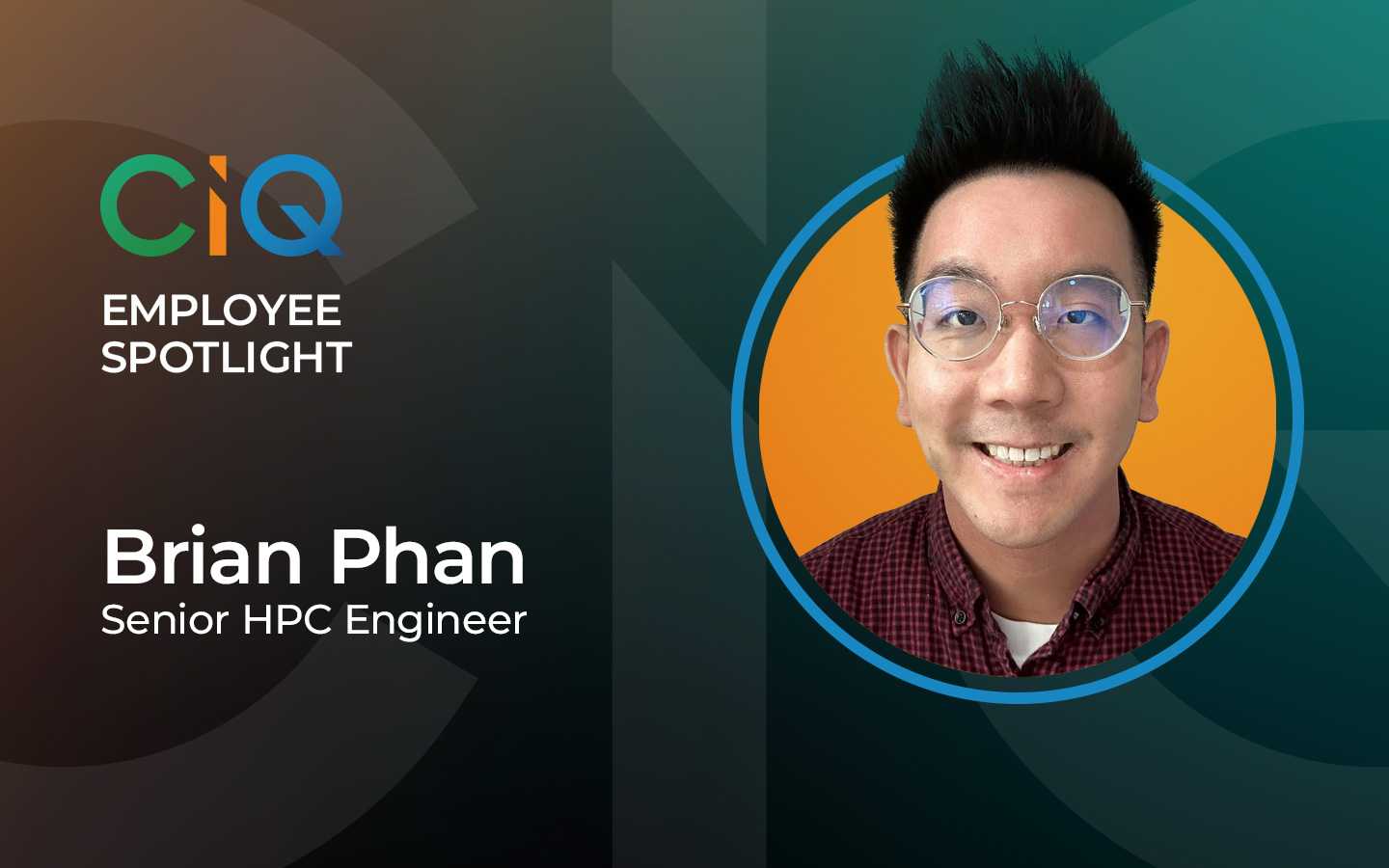4 min read
All Things Open 2025 Recap: Strengthening the future of open source
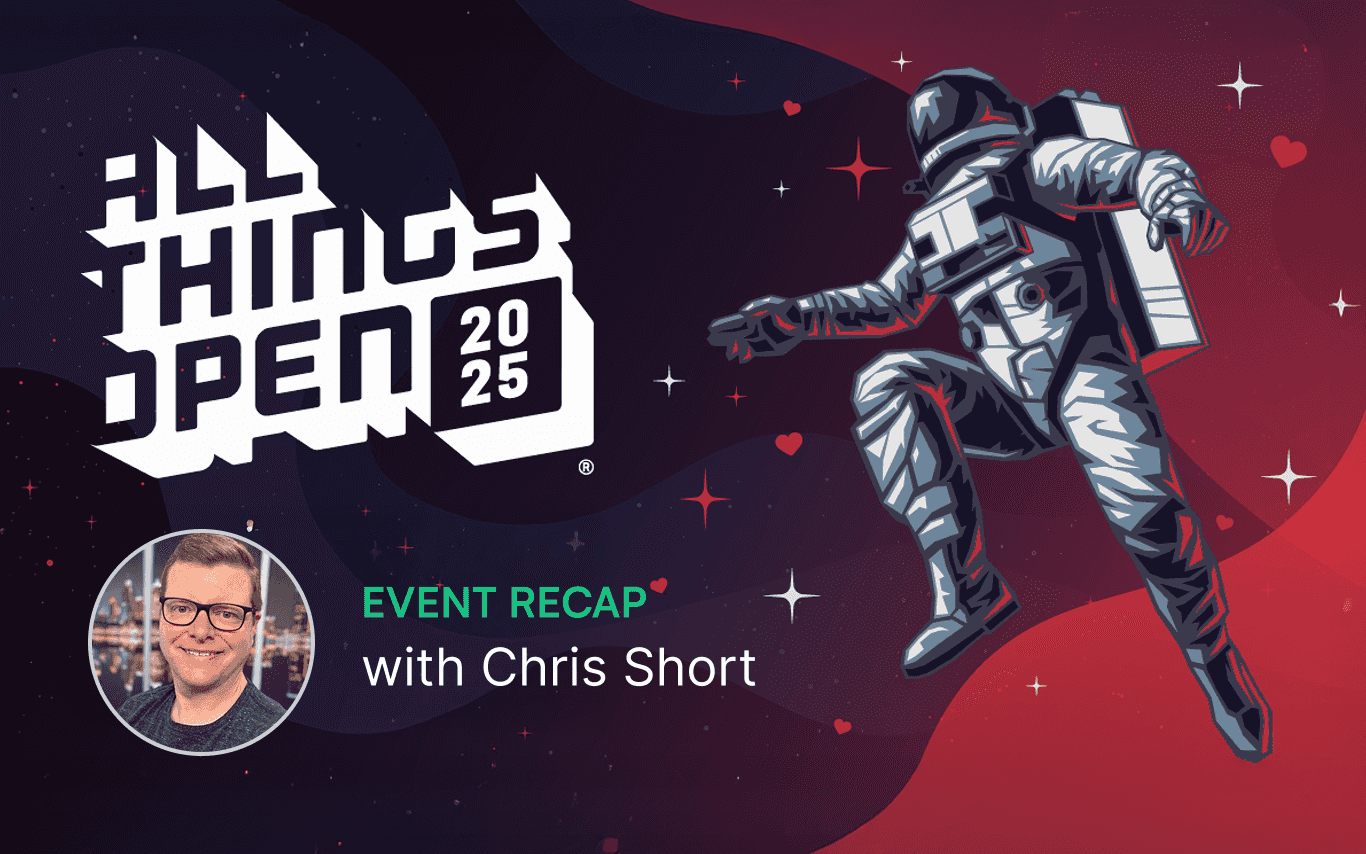
CIQ had the pleasure of sponsoring All Things Open this year. What is All Things Open? In their own words, "All Things Open is a technology conference focusing on the tools, processes and people making open source possible." The event brings people from around the world together in Raleigh, North Carolina, to connect, collaborate, and learn from peers across the entire technology industry.
We attended the Community Leadership Summit on Sunday. We ran into some friends such as Jonas Rosland with VAST who has been attending these events for many years and is a well known member. This event was kicked off by Jono Bacon talking about community, what it is, and how to build a strong one. One of his quotes that really resonated was “Community is not a bunch of people in a chat channel”. What was being highlighted by that quote was that a community needs to provide value and have engagement. You cannot do that with just a chat channel. You cannot call that a community. The key is to keep iterating over and over, experimenting, trying new things until you find the right combination.
This kickoff was followed by everyone present helping to set the agenda for the day. One of the main topics that was on everyone’s minds was engagement within the communities. The unconference approach was a great approach. Small groups of folks getting together because they are interested in the same subject and bouncing ideas off of each other which stimulated further discussions was a wonderful experience. There were topics on AI in the community such as how Model Context Protocol (MCP) needs to have a community voice at the table. In the community we need to have real projects and not products since products can go away but projects stay around for the long term. There were discussions around whether regulations like CRA (Cyber Resilience Act) may or may not affect open source and how to reduce friction when joining and staying within a community. Overall, a very insightful day on a variety of topics that affects all communities.
On Monday morning, Michael Young had a talk about a feature that is baked into most servers, desktops and laptops called secure boot. For most Windows users, they don’t even think about this feature since their machine just works. It is a different story for us Linux users. This feature being turned on can create some pain points, especially if it is not well understood. For the most part, the Linux community has defaulted to turning this off. The trends, though, are that we are being asked more and more to keep it turned on. Even in the cloud, secure boot is now a thing and is becoming a requirement if you need to use features such as Confidential Computing. The talk was an introduction to this topic for those new to the Linux community as well as more experienced members, providing a quick demo on how to turn secure boot on in a virtual machine for testing and a utility that can be helpful for troubleshooting or just understanding the process. We had a solid 10 minutes of questions and answers. Some discussions were held beyond this time as we were going to lunch. It was great to see everyone in the audience and to have them come by afterwards to our booth for further discussions.
Chris Short had a session during Tuesday's event activities titled "Open Source Survival Guide: Rules to Keep You Sane in the Open Source World." The session emphasized that successful open source participation requires humility, transparency, respect, and genuine collaboration—treating open source as a shared responsibility rather than just a resource to consume. The talk was intended for newcomers to open source, including business people new to the field.
There were two interesting questions fielded after the session. The first was, "How do I give back to a project that has helped my career?" This is not uncommon. If you already know the project you want to contribute to, join its documentation team. This helps both the project and the new contributor by exposing the contributor to the project's processes, while the project benefits from fresh eyes to existing processes and the documentation being contributed.
While usually a good strategy, contributing to documentation is not for everyone. In that case, I recommend attending project meetings. This requires some patience, as you may need to attend two or three meetings before you have the opportunity to take on some project work. However, this approach immerses you in the community and its processes, allowing you to volunteer for projects that interest you when the opportunity arises. So, how do you find a meeting to attend? Projects with standing meetings typically have a calendar of regularly scheduled community meetings or at least a page mentioning them. Use this to identify which team or group meetings in the project align with your skills and start attending them.
The next question, also about getting started, is a common one: "If you know a specific programming language (Python, Go, etc.), how do you find a project to contribute to?" The person asking this question specifically mentioned Python as the programming language of choice. I asked the person to consider which Python tools they use regularly and whether one might be a valuable starting point for contributing. Usually, you'll stick with a project you use more than one you don't use. It's relatively easy to find a project to contribute to using a search engine. Something along the lines of "open source Python projects to contribute to" should give you a decent starting point. From there, it's matching your skills and knowledge to a project that needs them. Both methods are valid ways to figure out how to contribute.
You can watch the event recap and highlight video here!
Built for Scale. Chosen by the World’s Best.
1.4M+
Rocky Linux instances
Being used world wide
90%
Of fortune 100 companies
Use CIQ supported technologies
250k
Avg. monthly downloads
Rocky Linux
